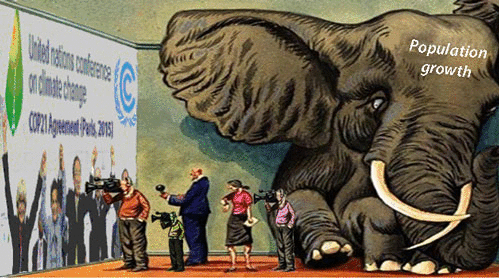Is Population Growth an Environmental Problem? Teachers’ Perceptions and Their Attitudes Toward Including it in their Teaching
Title: Is Population Growth an Environmental Problem? Teachers’ Perceptions and Their Attitudes Toward Including it in their Teaching
Speaker: Iris Alkaher
Date: February 3rd, 2021
- 9 am/09:00 New York
- 4 pm/16:00 Tel Aviv
- 3 pm/ 15:00 Berlin
- 9 pm / 21:00 Beijing
Register in advance for this workshop
Abstract: It is widely agreed among scientists from various disciplines that human population growth (PG) dramatically contributes to the environmental crisis and plays a major factor in the damage caused to environmental resources as well as to degradation in the quality of life and well-being of people around the world. Despite the urgency to address PG as a severe problem, it is mostly absent from worldwide public discourse, and from national agendas and policies institutions around the world. In my study, I compared the perspectives of E-teachers who have an academic background in environmental-oriented programs and non-E teachers who have an academic background in non-environmental-oriented programs towards PG as an environmental problem and including this topic in the classroom. Our findings indicate that the E-teachers’ capability to view environmental issues through a “whole system” lens was greater. The percentage of the teachers who support including PG in their teaching was significantly higher among the E-teachers than the non-E teachers. These findings suggest that an academic background in environmental studies contributes to teachers’ motivation, willingness, and probably their teaching capacities and confidence, to include such a complex topic in their school teaching. However, similar concerns were reported by all the teachers in relation to engaging students in discourse around such a controversial issue, focusing on socio-cultural-political reasons. These challenges reflect the dominant Israeli national pronatalist ideologies and the sociocultural norms and religious values that encourage high birth rate. This reality highlights the need to assist teachers who are willing to include controversial environmental issues in their teaching but struggle to do that.

Population growth as the ignored "elephant in the room" of the Paris Climate Change Agreement (2015)
(Taken from the Group of 7 Dwarfs: Future-blind and Warning-deaf Self-righteous immoral imperative enabling future human sacrifice)
Iris Alkaher is a currently lecturer in the Faculty of Science at the Kibbutzim College of Education, Technology and the Arts in Tel-Aviv. Her research interests and expertize include Environmental and Sustainable Education in higher education and in multicultural settings.
To request disability-related accommodations, contact OASID at oasid@tc.edu, (212) 678-3689, as early as possible.